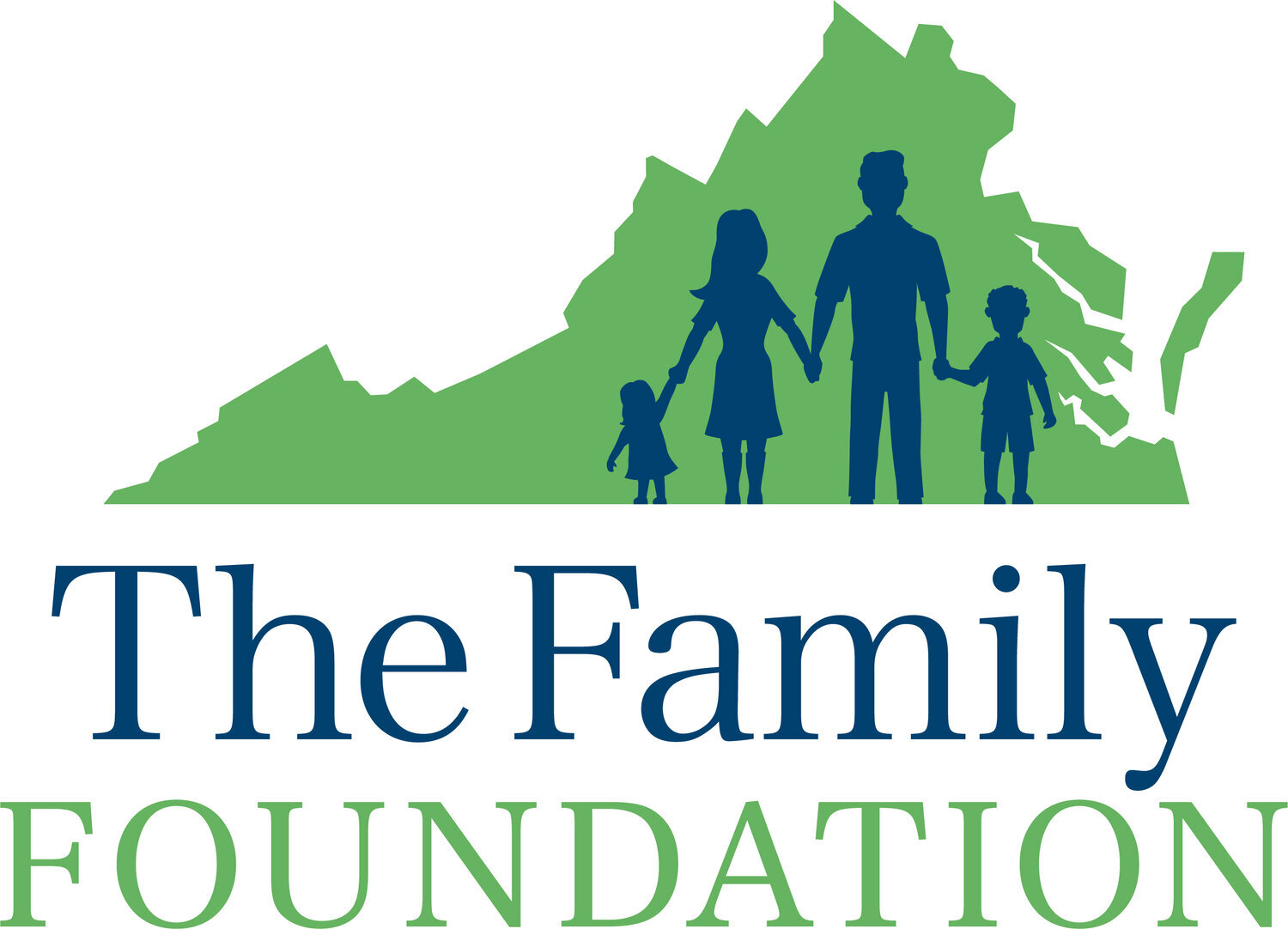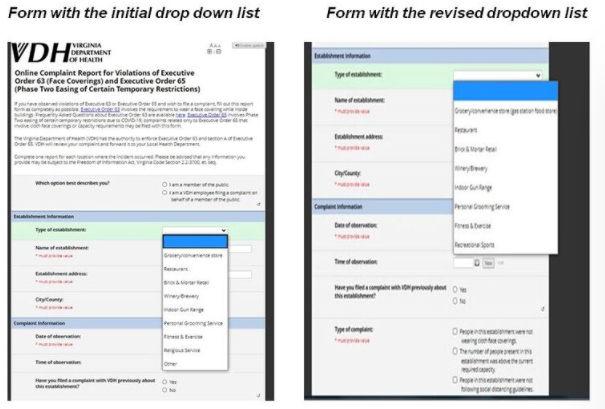Update on Snitch State: Still Surveilling Churches!
This summer we updated you about Gov. Northam's "snitch line" —a statewide system managed by the Virginia Department of Health (VDH) that encourages Virginians to anonymously report businesses and even churches for potential violations to his executive orders on COVID-19. For example, after Pastor Troy Keaton and his church placed an ad in the local paper to announce outdoor festivities and the re-opening of in-person services on July 1, the very next day an anonymous complaint was made about his church violating the Governor’s executive orders—even though the event hadn’t taken place!
Through a Freedom of Information Act (FOIA) request we’ve been able to obtain a list of several thousand complaints of the roughly 27,000 total complaints that have been submitted to the VDH, and what we’ve learned is quite interesting. Based on our sampling, about 34 percent actually identified themselves when making a complaint, and of those many only provided their first names (maybe a third) and didn’t include a phone number as part of their contact information.
In July we launched the "Stop the Snitch State" petition for people to sign requesting that Governor Northam stop encouraging citizens to make anonymous – which are often frivolous – claims about businesses and churches more reminiscent of fascist societies where churches and businesses can be attacked for unfounded political or personal reasons.
This week TFF policy staff looked at the online form (i.e., snitch line) on the VDH webpage again, and to our surprise saw that “Religious Services” has been removed from the drop down box. Clearly the Northam administration is feeling pressure from churches and people of faith who object to being surveilled in this way! But don’t let that fool you, because this change is meant to make you think they are no longer encouraging people to make anonymous complaints about churches.
A closer examination shows that for the data field “Type of establishment” there is no instruction that informs the person completing the online form that a value must be selected. Hence, it’s optional. Yet, anyone completing the online form MUST provide the name and address of the establishment that is allegedly violating the executive orders, which means churches and places of worship actually can still be subject to anonymous complaints. It also means that any person that receives a list of all the complaints can no longer identify churches according to “Type of establishment,” making it even more difficult to monitor the Governor’s surveillance program.
The Northam administration just wants you to think they aren’t targeting churches because they have cleverly removed religious services from the type of establishment list.
All too often we search for big government solutions to problems that we as private citizens can and should solve on our own. In this case, people who have concerns about a business’ or church’s health-and-safety procedures should maybe consider actually talking to the business owner or a pastor first. It’s the proper thing to do.
Unless the government decides to at least require every person making a complaint to provide their name and valid contact information, or impose penalties for frivolous complaints, there will be no incentive for people to settle issues privately without government involvement. When the citizens are able to resolve disputes rather than relying on the heavy hand of government, we are all better off because it promotes a civil society that unites people rather than divides them.

